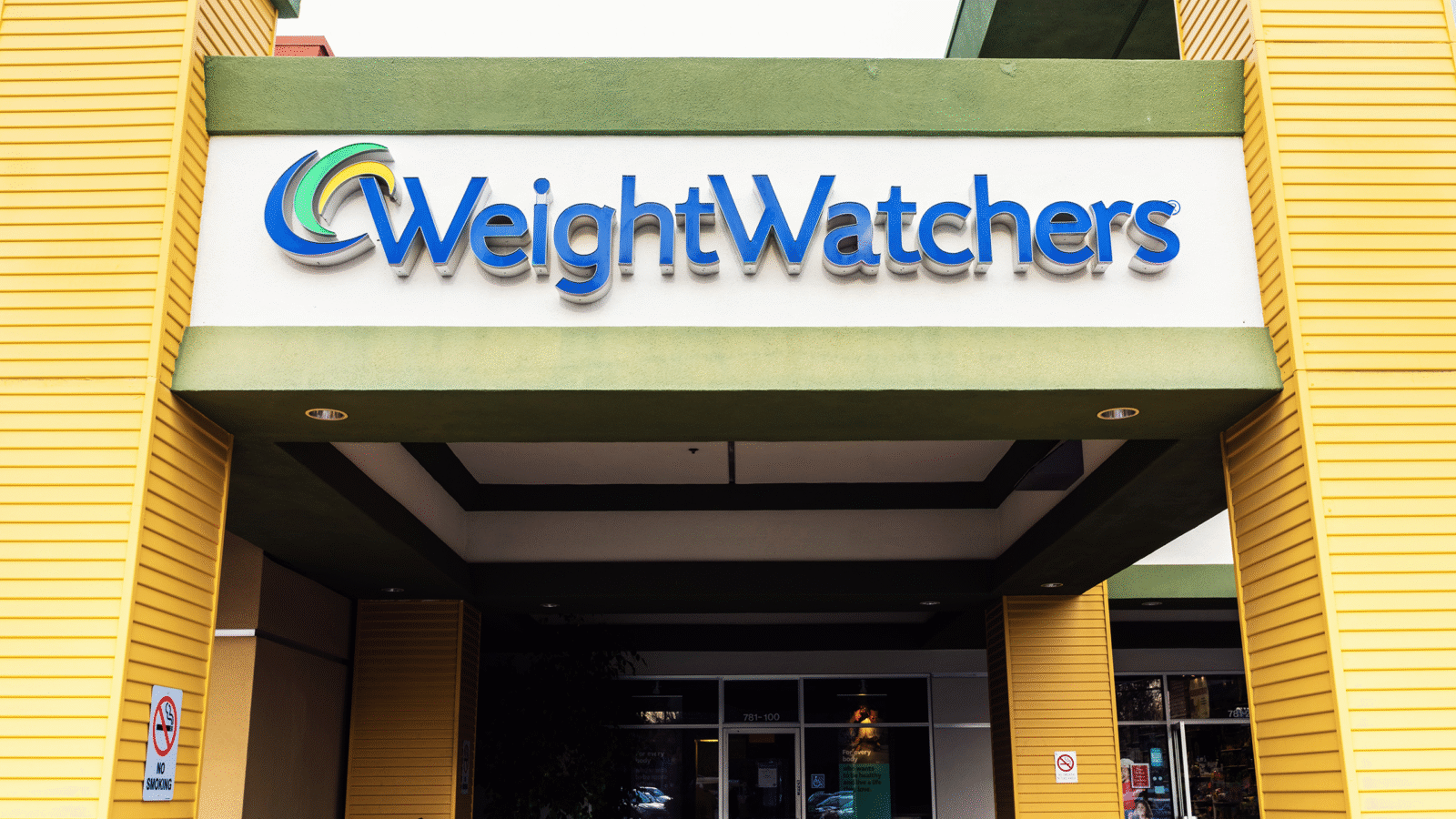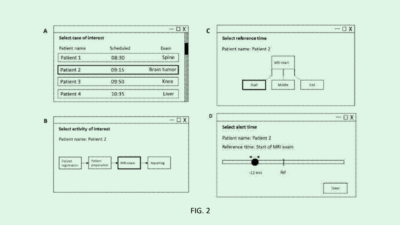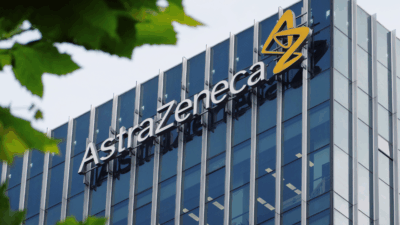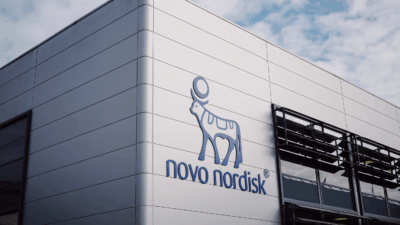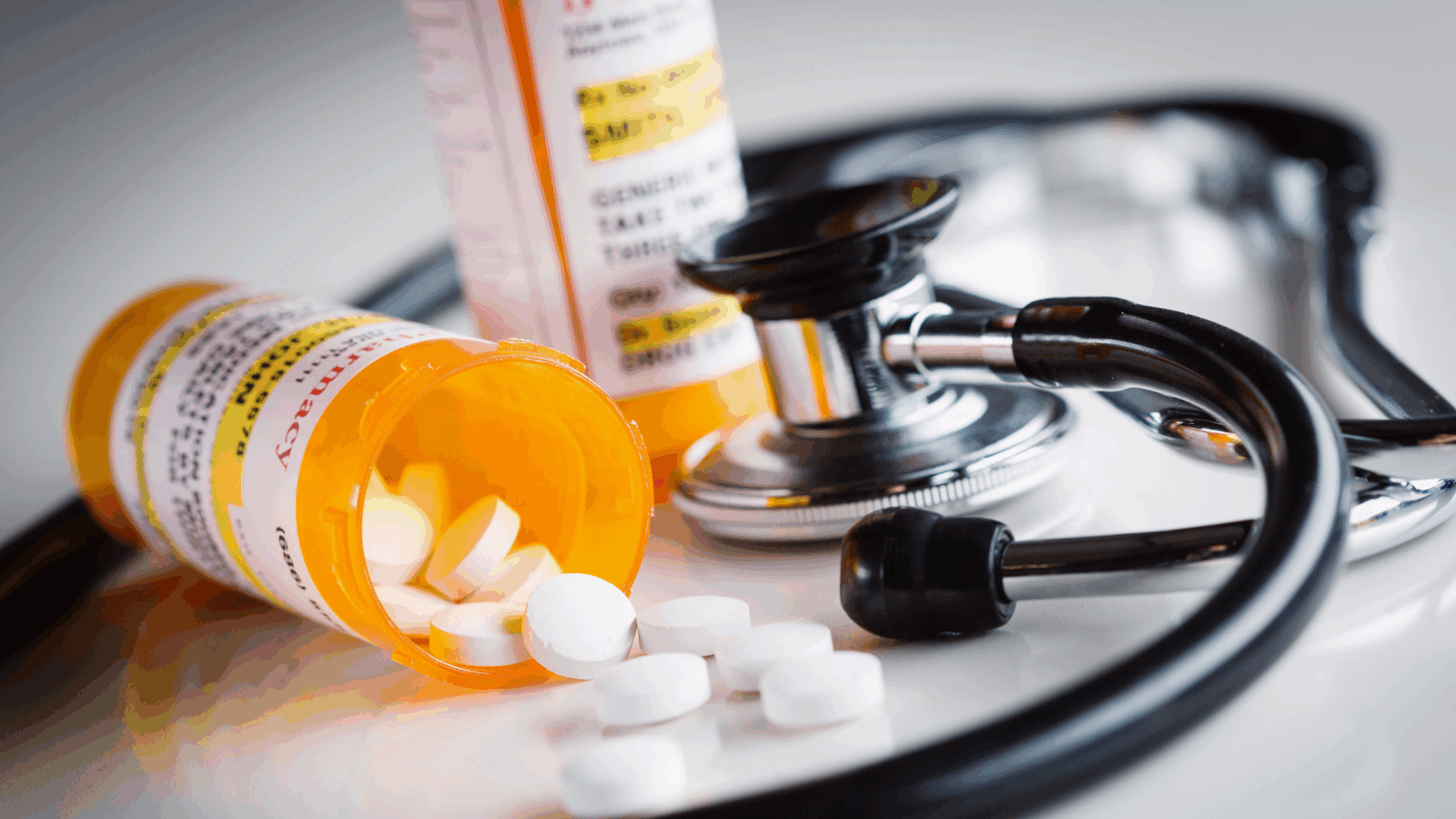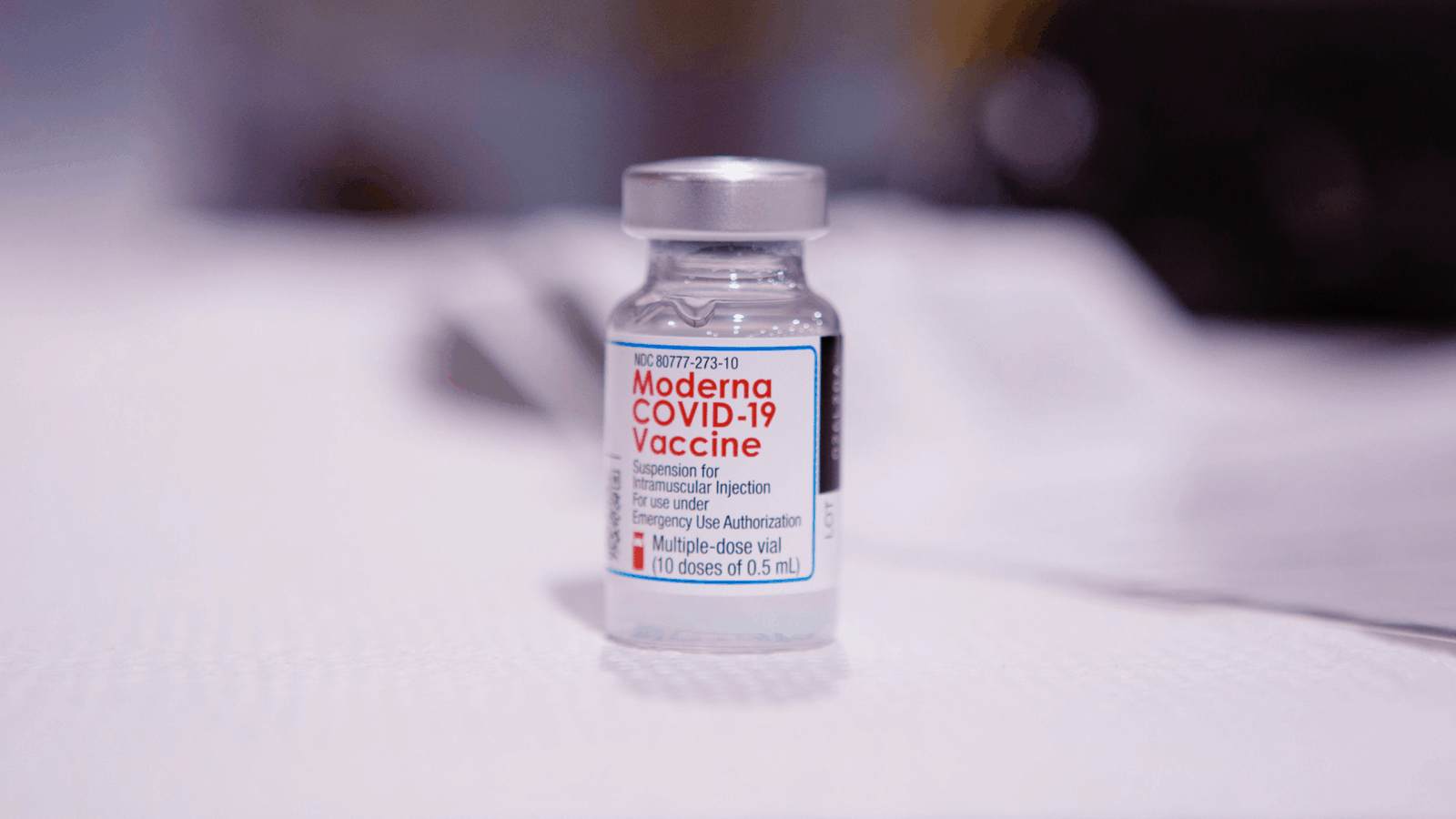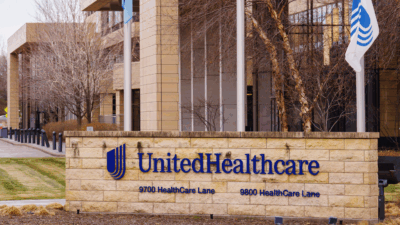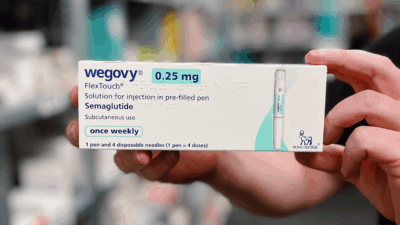
Sign up for smart news, insights, and analysis on the biggest financial stories of the day.
For the 55 million people around the world who suffer from Alzheimer’s and related dementias — not to mention their loved ones — Biogen’s successful drug trial is a ray of hope.
Shares in Biogen and its partner Eisai catapulted higher on Wednesday after the duo announced they would apply for regulatory approval for a new Alzheimer’s drug following the success of a late-stage clinical trial. The results are a landmark achievement that injects new hope into a line of scientific thinking and research that’s been met by nothing but disappointment.
Finally Catching a Break-through
On Tuesday, Biogen and Japanese partner Eisai announced that a large study showed its drug could significantly slow the progress of memory-loss diseases. It was a long, frustrating road to get there. Scientists had long believed that anti-amyloid drugs — medicine that targets an unusual buildup of amyloid in patients’ brains — could be a powerful treatment. But scores of failed clinical trials proved otherwise, and the botched rollout of Aduhelm, another once-promising treatment from Biogen, only fueled anti-amyloid skepticism further.
Despite gaining FDA approval, Aduhelm’s market debut tanked after the Centers for Medicare and Medicaid Services refused to cover its hefty price tag due to inconclusive efficacy. But results for the new drug, lecanemab, have proven so positive the CMS is unlikely to restrict access, according to a Baird analyst note. The good news sent Biogen’s share price soaring nearly 40% on Wednesday, adding over $10 billion to its market cap. The ripple effects are being felt across the industry:
- Both Eli Lilly and Roche are expecting clinical results for late-stage trials of their own anti-amyloid drugs within the next year. A note from Guggenheim analyst Seamus Fernandez on Wednesday says Lilly investors can bump the drug’s chances of success from around 35% to the 70-75% range.
- Shares of Roche and Eli Lilly both jumped around 7% on Wednesday, increasing their market values by roughly $40 billion combined. “Net-net, what’s good for the goose is good for the gander,” Guggenheim’s Fernandez wrote.
Cost Controlled: Biogen’s decision to price Aduhelm at around $56,000 a year led to the drug’s demise. It’s likely learned its lesson, and, according to a Wall Street Journal report, lecanemab is expected to be priced at around $20,000 for a year’s treatment.
But Does it Work? Tuesday’s results showed lecanemab reduced cognitive decline by 27% compared to the placebo, meeting all of the trial’s primary and secondary endpoints. Analysts are calling it the best-case scenario — and the 1 in 9 Americans who suffer from this scourge no doubt agree.
